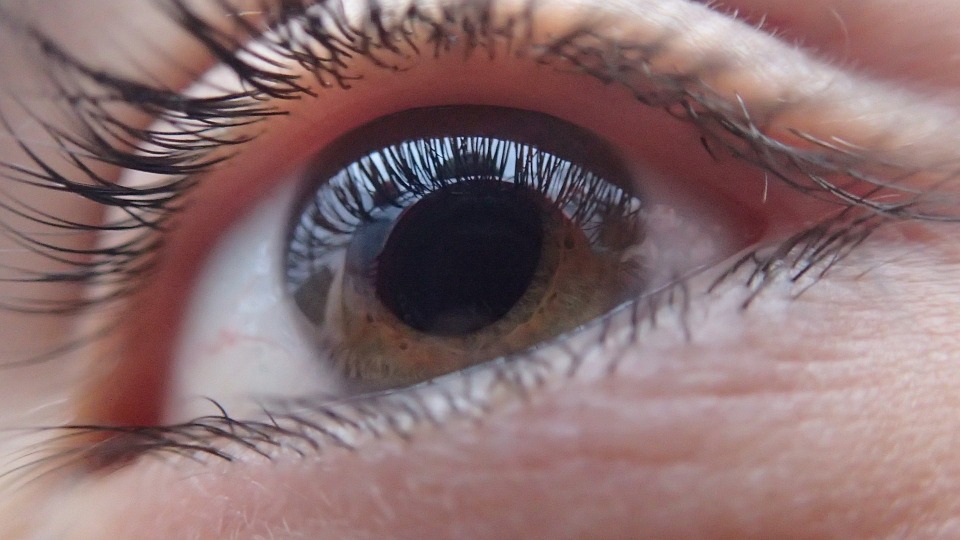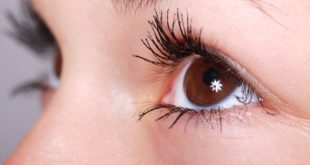
If you are over 60 years old and have noticed that your vision has become fuzzy or foggy, you may have cataracts. It’s a fairly common problem among older folks, and your eye doctor can treat it.
What IS a Cataract?
A cataract is an eye problem that typically develops when the lens present in your eye becomes foggy. The light must travel through a clear lens in order for your eye to see. The lens is located behind the iris-colored part of your eyes). The lens concentrates light so that your eye and brain can work together to convert information to images [1].
When a cataract obscures the lens, the eye loses its ability to focus light in the same way. This results in blurred vision or troubled seeing. Your vision will change depending on the size and location of the cataract.
Types Of Cataracts
There is major four types of cataracts [2].
Nuclear Cataracts
It may initially result in increased nearsightedness or even a transitory improvement in reading vision. However, over time, the lens becomes more densely yellow and further obscures your vision. The lens may even turn brown as the cataract advances. Browning or advanced yellowing of the lens can impair the ability to differentiate between color shades.
Cortical Cataracts
A cortical cataract appears as whitish streaks or wedge-shaped opacities along the lens cortex’s external edge. As the streaks progress slowly toward the center, they obstruct light passing through the lens’s center.
Posterior Subcapsular cataracts
A posterior subcapsular cataract begins as a small, opaque area near the lens’s back, directly in the path of light. A posterior subcapsular cataract frequently impairs reading vision, impairs vision in bright light, and creates halos or glare around night lights. These types of cataracts progress more rapidly than other types.
Congenital Cataracts
This condition is hereditary meaning some people are born with or develop cataract during their childhood. It can also occur as a result of trauma or intrauterine infection.
Causes of cataract
Your eye’s lens is primarily composed of proteins and water. Proteins stay in your eye as they degrade over time. These leftover proteins might cause your lens to get clouded, making it difficult to see properly. This is a common unpleasant — symptom of aging [3].
Certain factors can accelerate the production of cataracts, including the following:
- Diabetes.
- Steroids
- The phenothiazine class of medications including chlorpromazine (Thorazine®).
- Eye injury
- Eye surgery
- Radiation exposure to your upper body.
Symptoms of cataract
Sign and symptoms of cataract include:
- Cloudy, fuzzy, foggy, or filmy vision
- Nearsightedness
- Nighttime driving difficulties
- Changes in your perception of color
- Double vision.
- Daytime glare issues
- Issues with eyeglasses or contact lenses that are not functioning properly.
How To Diagnose?
If you have cataract symptoms, schedule an appointment with an eye doctor for a thorough inspection. To view inside your eye, the doctor will need to dilate your pupil. During this examination, special eye drops are used to dilate your pupil (the black part of the eye).
When the pupil is fully open, your doctor examines the eye’s health. Your doctor can determine whether you have cataracts or other eye disorders, as well as how much of your vision is obscured. Additionally, the doctor will ask you to read letters on a chart to observe your eye sight.
How To Treat?
Cataract surgery is the only way to treat cataracts, but you may not require it immediately. If you identify the problem early enough, you may be able to get away from this condition by changing your glasses. A stronger lens might temporarily improve your vision [4].
If you’re having difficulty reading, try using a brighter lamp. If glare is an issue for you, you can purchase anti-glare glasses. They can be beneficial when driving at night.
Keep a close eye on how your cataracts impair your vision. When vision problems begin to interfere with your everyday activities – particularly if they make driving unsafe – it’s time to consult your doctor about surgery.
 Daryeel Magazine
Daryeel Magazine




